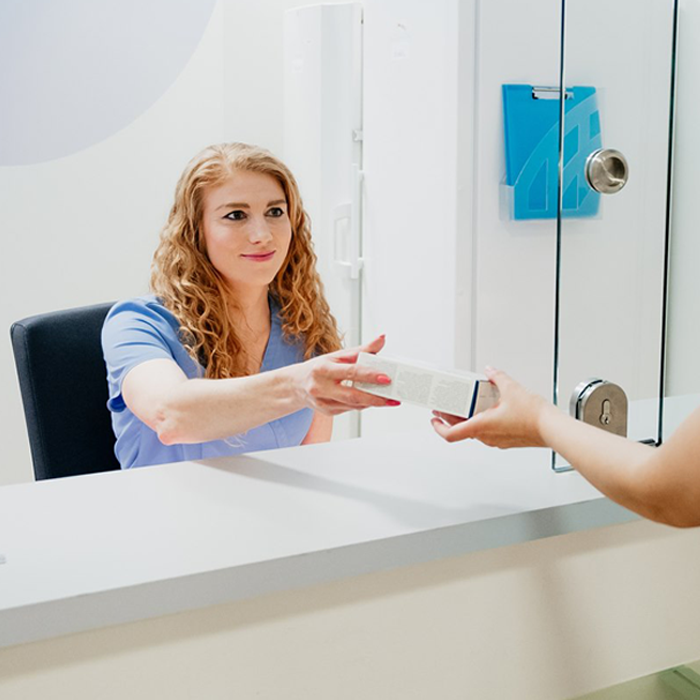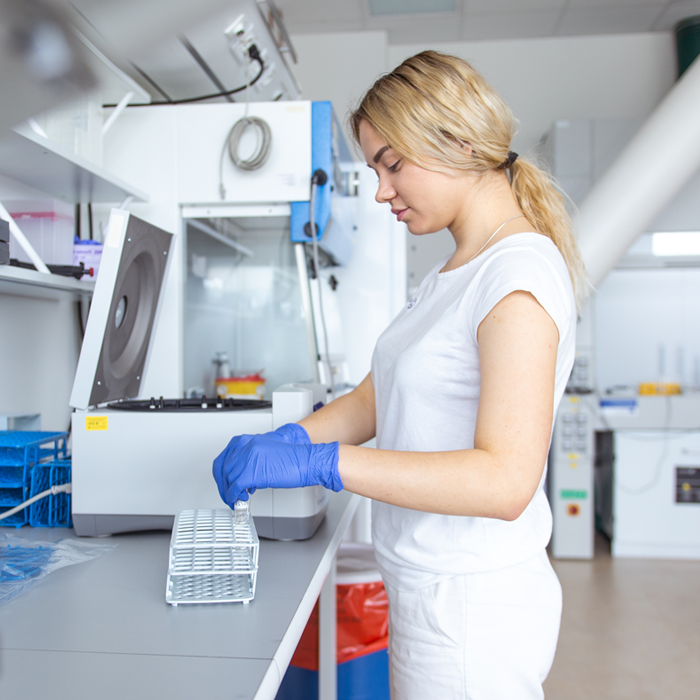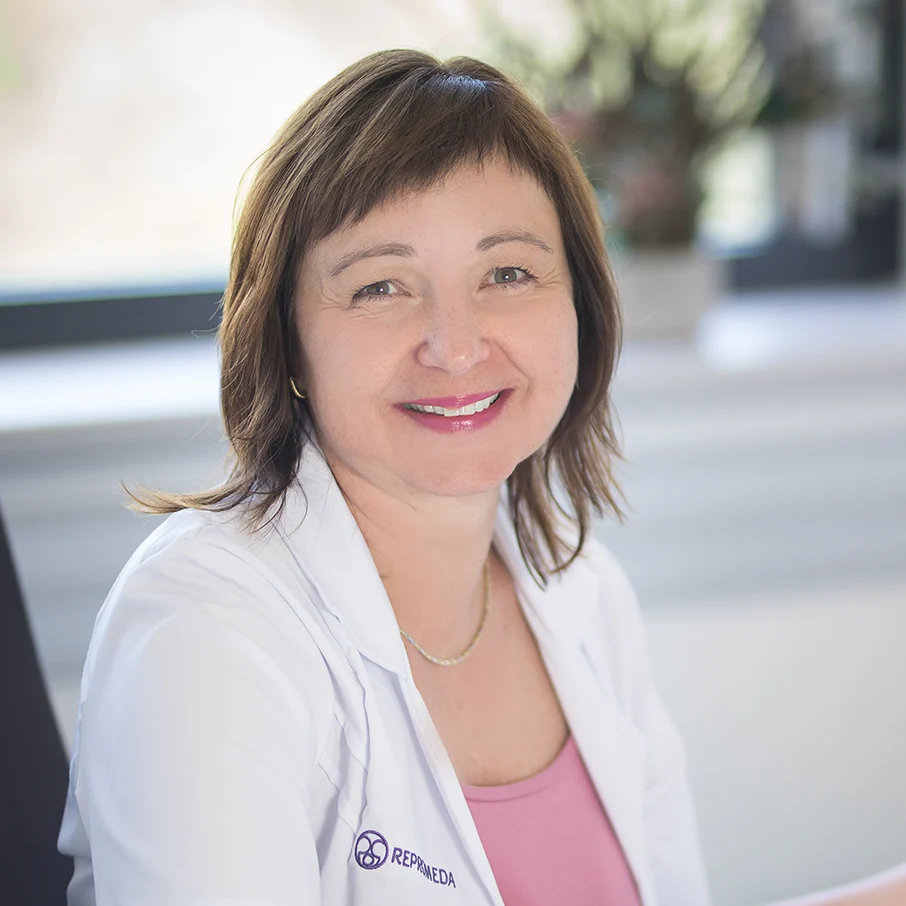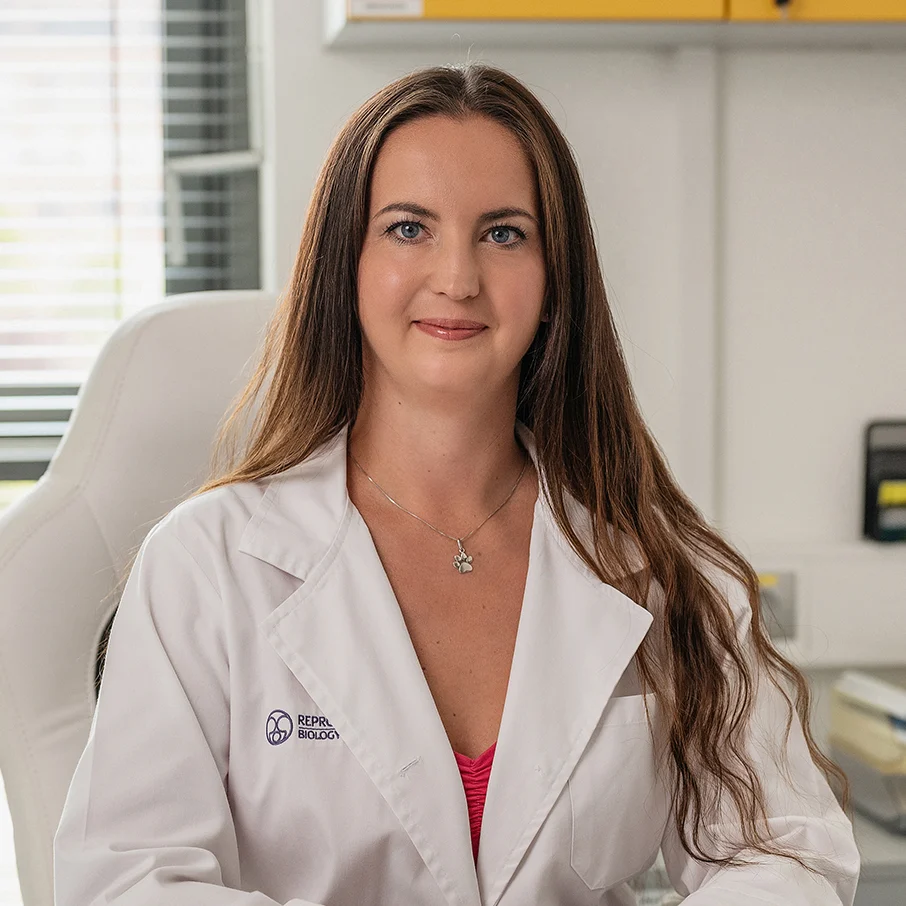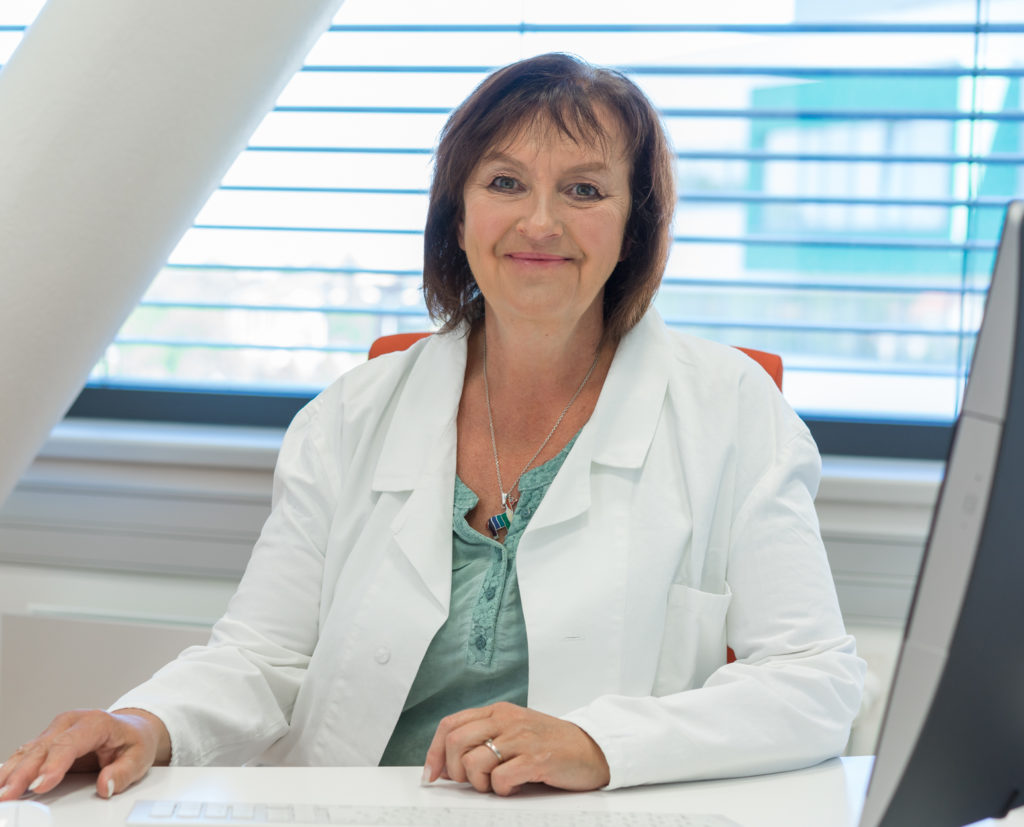The initial consultation is the gateway to the entire IVF treatment. During the 120-minute session, the doctor will discuss your family and personal medical history, and go through all the examinations you have already had. Based on this information, we will suggest the next steps. You will also learn about the approximate costs.
During the consultation, you will have the opportunity to ask any questions you may have, so we recommend coming with your partner. You don’t have to worry about being overwhelmed with technical terms; the doctor will explain everything to you clearly and understandably.
Throughout your treatment, a single “strategic doctor” will oversee your care, whom you can turn to with all your requirements, wishes, and questions. However, certain specific procedures might be performed by other equally experienced doctors. Our daily coordinators will also be available to guide you throughout the treatment process.



